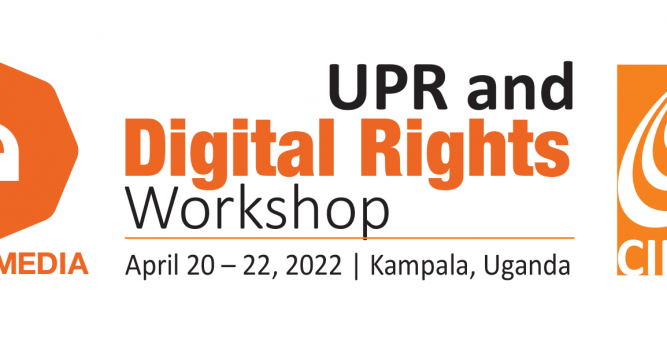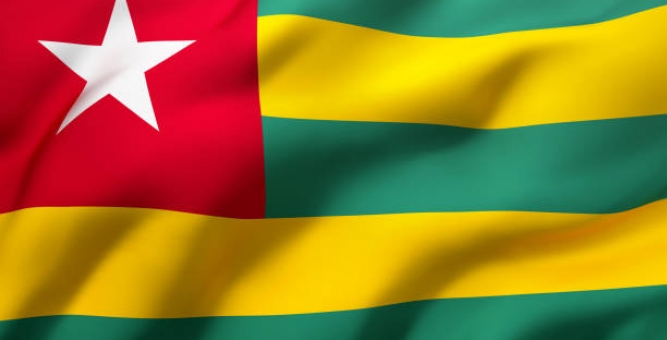Annonce |
La Collaboration sur les Politiques Internationales des TIC pour l’Afrique orientale et australe (CIPESA) est heureuse d’annoncer le retour en présentiel de la neuvième édition du Forum annuel sur la liberté d’Internet en Afrique (FIFAfrica22). L’événement historique, qui réunit un éventail de parties prenantes de tous les domaines de la gouvernance de l’internet et des droits numériques en Afrique et au-delà, aura lieu à Lusaka, en Zambie, du 26 au 29 septembre 2022.
Ce sera la première fois depuis 2019 que FIFAfrica se tiendra physiquement. Sous l’ombre de la COVID-19, les éditions 2020 et 2021 de FIFAfrica ont adopté une approche hybride. Le retour en présentiel est une réponse au succès mondial dans le contrôle de la propagation du coronavirus et à la levée des restrictions qui en résulte par divers pays.
En outre, le retour en présentiel est une reconnaissance des défis techniques inhérents aux approches virtuelles et hybrides, et de leur incapacité commune à offrir un niveau équivalent de mise en réseau, d’engagement avec des acteurs clés tels que les décideurs politiques et une plate-forme d’engagement pour le renforcement des capacités et les interactions physiques. Les précédentes éditions physiques de FIFAfrica ont eu lieu à Kampala, en Ouganda ; Johannesbourg, Afrique du Sud ; Accra, Ghana ; et Addis-Abeba, Éthiopie.
L’accueil du premier FIFAfrica en personne à la suite de COVID-19 en Zambie est une reconnaissance du rôle central du pays dans la décolonisation et la démocratisation de l’Afrique, ainsi que de ses efforts pour faire avancer la transformation numérique pour le développement durable. La Zambie a longtemps été un bastion de stabilité caractérisé par des élections régulières et un transfert pacifique du pouvoir. De plus, le pays a toujours été un courtier de la paix sur le continent et un hôte de mouvements anticoloniaux. Le premier président de la Zambie, Kenneth Kaunda, était un membre fondateur du Mulungushi Club, une formation d’États africains nouvellement indépendants pour instiguer la libération totale du continent. Le club était une pierre angulaire de l’intégration régionale.
En 2021, la Zambie comptait environ 20 millions d’abonnés au téléphone mobile et 10 millions d’abonnés à Internet mobile, ce qui représente des taux de pénétration de 110% et 50% respectivement. Le gouvernement, par l’intermédiaire de l’Autorité zambienne des technologies de l’information et de la communication (ZICTA), entreprend diverses initiatives pour stimuler l’accès à Internet et son utilisation abordable dans divers secteurs. La Zambie a une loi sur la protection des données et la vie privée et, en mai 2022, fait partie des 13 pays à avoir ratifié la Convention de l’Union africaine sur la cybersécurité et la protection des données à caractère personnel.
Bien qu’elle ait connu une certaine régression ces dernières années, la Zambie occupe toujours un rang élevé en matière de liberté et de gouvernance par rapport à la plupart des pays de la région. Par exemple, sur l’indice de la démocratie, la Zambie est classée comme un régime hybride (seuls sept pays africains sont mieux classés comme démocraties complètes ou imparfaites, tandis que 23 pays sont classés comme autoritaires). Dans les indices « Liberté dans le Monde » (Freedom in the World) et « Liberté sur Internet » (Freedom on the Net), il est classé comme partiellement libre, alors qu’un grand nombre de pays africains sont classés comme non libres.
Le gouvernement précédent a restreint l’accès à certains médias en ligne, arrêté des journalistes et des dirigeants de l’opposition pour leurs publications sur les réseaux sociaux, principalement sur des allégations de diffamation contre l’ancien président Edgar Lungu, et aurait mené une surveillance de masse. Lors des élections de 2021 qui ont chassé le président Lungu du pouvoir, la Zambie a rejoint la ligue des pays qui ont initié des perturbations du réseau. Le nouveau gouvernement zambien qui a remporté les élections d’août 2021 a mis un terme à la tendance régressive du président Lungu, mais le nouveau président réformiste a lui-même rencontré quelques difficultés.
Au moment où le continent connaît une inquiétante régression de la démocratie, la Zambie se place ainsi en posture avantageuse pour faire le point sur l’état des droits et de la démocratie numériques et construire une solidarité et des partenariats entre les principales parties prenantes afin de faire progresser les droits de l’homme en ligne, en particulier les droits à l’accès à l’information, à la vie privée et à la liberté d’expression sur le continent.
Pendant quatre jours, l’agenda de FIFAfrica22 proposera des panels, des ateliers, des expositions et des présentations. Toutes les interactions maintiendront et respecteront les procédures opérationnelles standard (POS) COVID-19 nationales.
L’inscription et l’appel à propositions de session ouvriront plus tard ce mois-ci. Pour les dernières nouvelles sur le Forum, suivez @cipesaug. Les hashtags de l’événement sont #FIFAfrica22 et #InternetFreedomAfrica.



